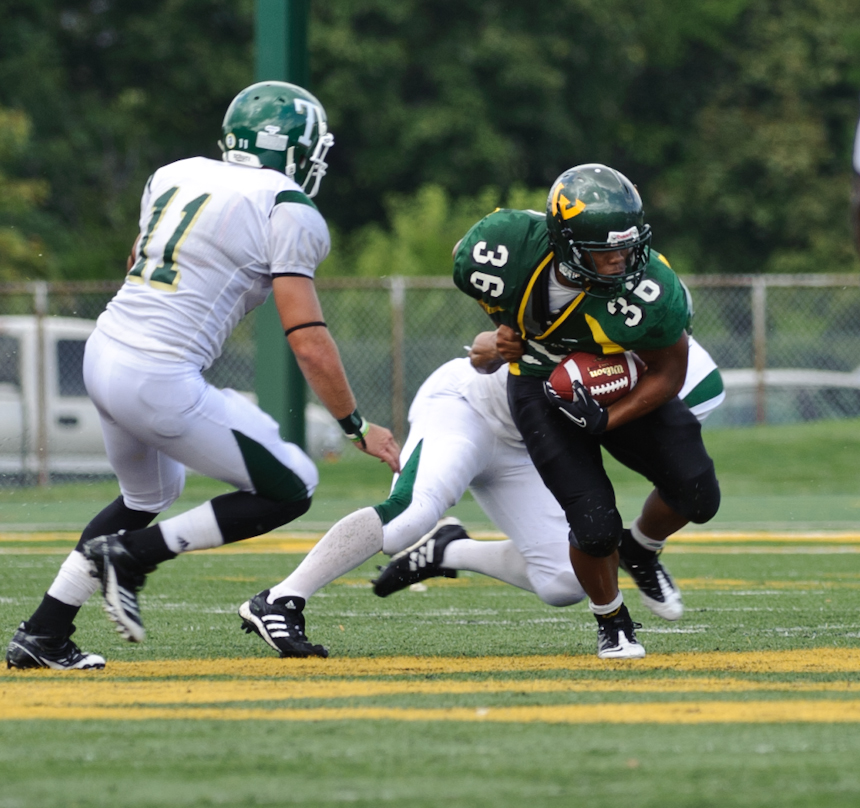For many young adults across the country, summer break is coming to a close, and student athletes are preparing to return to their respective sport. Being an athlete requires commitment, sacrifice and dedication with no guarantee of reward. Each year, more than 520,000 NCAA student-athletes strive to make a name for themselves and their teams. Coaches and players alike, may experience high anxiety as they prepare for a winning season, earn scholarships or get drafted. Mental health support is vital to achieving these goals. According to the Association for Applied Sport Psychology, “it is important to note that an individual’s mental health and mental performance functioning may or may not be correlated.” In other words, an athlete could be struggling in life but doing well in their sport, or they could be doing well in their personal life but struggling with their mental performance. This is where speaking to a mental health provider can be beneficial.
Most athletes are at the age psychologically where questions about who they are and who they want to be weigh heavy on their mind. As these student-athletes work to develop a sense of self and personal identity, success and failure can have a significant impact.
Success for student-athletes can help build strong relationships that help them feel accepted and loved, while failure may result in loneliness and isolation.
In addition to the trials of young adult developmental stages, some student-athletes have been playing sports their entire lives and this may be their last season. Therefore, it’s critical for coaches, parents and administrators to be aware of the student-athlete’s mental health in relation to their athletic career stage. The adage of suffering in silence and the stigma surrounding mental health services is beginning to fade as more professional athletes speak out about the benefits of using therapy.
It is important to note that just taking advantage of available mental health support does not equate to having a mental illness; instead, it should be noted that student-athletes are adding yet another key skill to their toolbox: mental skills for sports. Examples of these skills could be goal setting, positive self-talk, and arousal, concentration and attention control.
As a former collegiate football player and nationally ranked Olympic weightlifter, I have a few tips for athletes and coaches to use in the upcoming season: Be present in the moment at each practice and game. Be flexible. Things do not always go according to plan, and there are multiple pathways to success.
Have an attitude of gratitude by being thankful for the opportunity to play your respective
sport.
If you feel that you can benefit from speaking with a Mental Health Professional who specializes in working with athletes feel free to visit www.revivedmindcounseling.com to receive services.

Site Credit
Privacy Policy
© 2023 Revived Mind Counseling
Be the first to comment